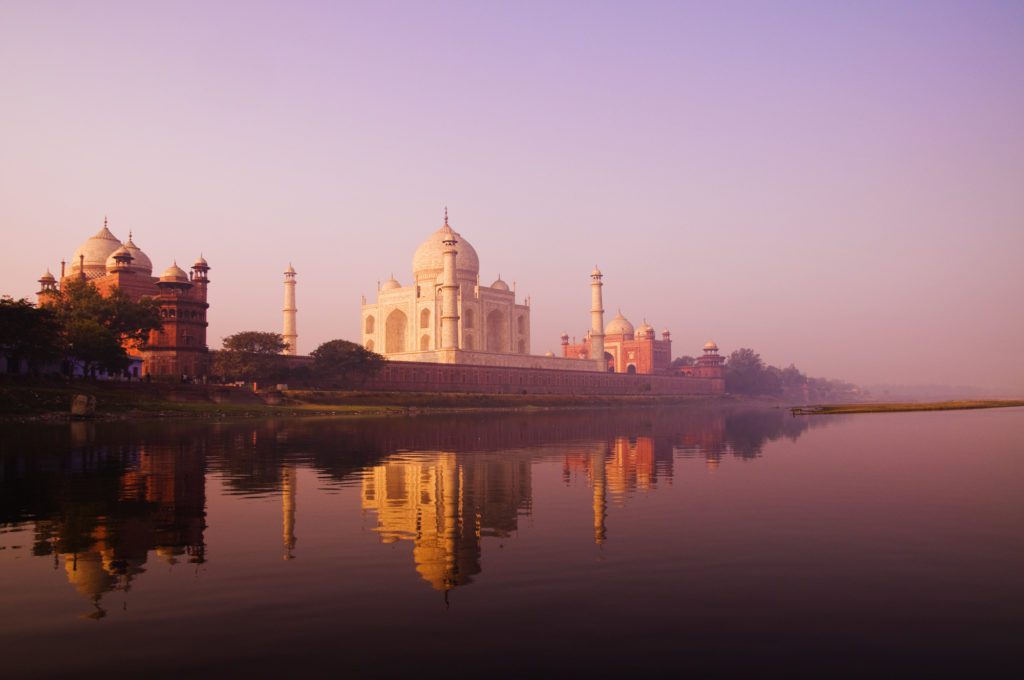INSPIRING INDIA
A Nation in Words & Pictures
The most magical places of the world are also the most inspiring, and this could not be more true for India.
The sights, sounds, smells and scenes of India have been the muse of many creators, from artists and musicians to fashion and jewellery designers. Authors and filmmakers, too, have found the source of their stories in the tranquil forests, vibrant streets and colourful ceremonies of India’s rich culture.
India’s history is a tapestry of tales, its chequered past and immensely diverse caste system giving rise to stories of success against the odds, chronicling the rags-to-riches journey of their protagonists.
From famed individuals of the real world, such as Mohandas, or Mahatma, Gandhi, to fictional characters inspired by Hinduism, Bollywood or the genial people of the slums and streets, writers have an endless pool of personae around which to weave their stories.
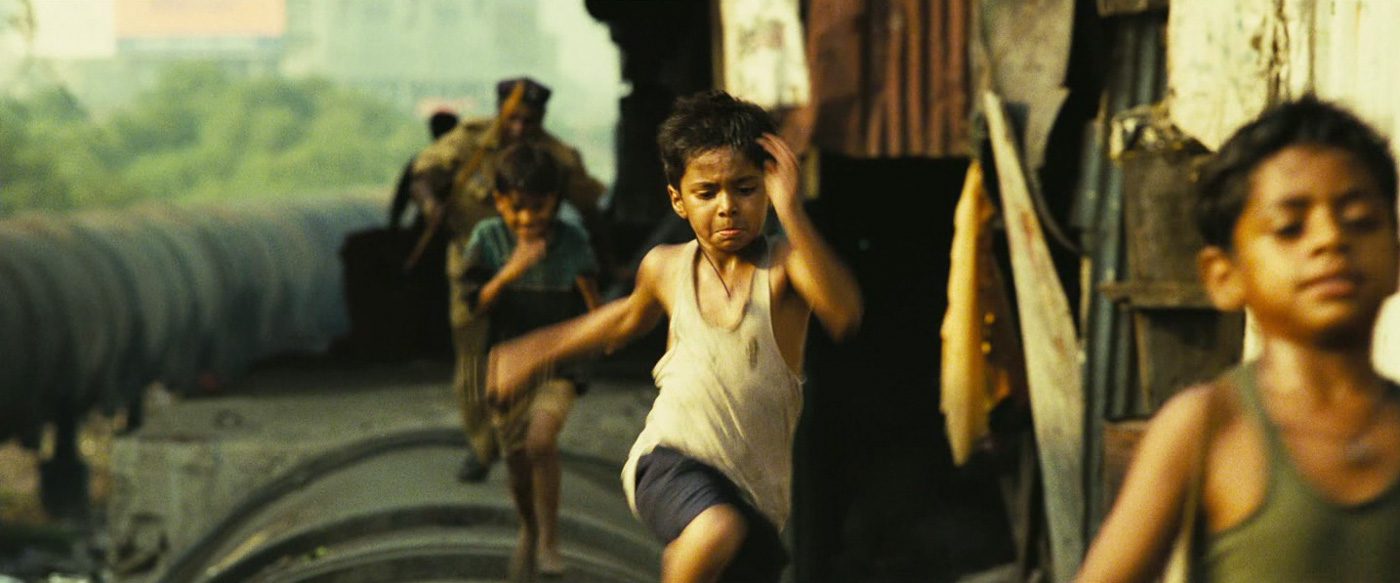
Whether fact or fable, these tales can pique our intrigue and inspire our journeys, informing us of specific landmarks, experiences or festivals that we might wish to include in our itineraries. Like tracing Karen Blixen’s fascinating life path or imagining ourselves as Julia Roberts cycling through the rice paddies of Bali in Eat, Pray, Love, the books and films that capture India so exquisitely also capture our hearts and imaginations.
Helping to fuel your inspiration for your next Indian adventure, Travel + Leisure A-List advisor and Rothschilds’ inspiring India expert Viji Krishna shares some of her favourite creations on page and pictures:
FIVE INSPIRING INDIA MOVIES
Slumdog Millionaire
This incredible story of a slum kid’s miraculous success introduced Dev Patel to the world, the English-born actor of Gujarati Indian descent who went on to feature in the Best Exotic Marigold Hotel movies and Lion, for which he won two Best Supporting Actor awards.
The film centres on Jamal (Patel), its first scenes showing him nervously anticipating the final question on the TV show, Who Wants to be a Millionaire. But before he can answer and win 20 million rupees, he is arrested on suspicion of cheating. How on earth could this young man raised in the slums be so eloquent and knowledgeable?
The movie then recounts his life story, from his relationship with his brother and the adventures they shared to the girl he loved and lost on the streets of Mumbai. Every chapter provides the lessons and knowledge to each of the questions he answered on his climb to the top, justifying his validity as the show’s winner.
Will his innocence be accepted? Will he win the millions? And if so, what will this humble young man with no attachment to wealth do with his newfound fortune?
Wonderfully inspiring, profoundly reflective and with a powerful soundtrack, Slumdog Millionaire is both a confronting tearjerker and powerful tale of holding truth and integrity to find success against all odds.
The Second Best Exotic Marigold Hotel
Dev Patel again features as the primary protagonist of the star-studded second instalment of The Best Exotic Marigold Hotel. This wonderfully heartwarming film is a multi-generational love story that reflects the vivacity and positivity of Indian culture experienced through the eyes of a collection of western retirees.
Searching for peace, love and adventure in their twilight years, the residents of the Best Exotic Marigold Hotel each have their own stories that brought them to India, and dawning chapters of potential, from finding new love to establishing themselves in their captivating surroundings.
Underlying this multifaceted scenario is the hotel’s youthful manager, Sonny Kapoor, a charming, quirky, entrepreneurial character who is embarking on not only his second ‘Best Exotic Marigold Hotel’, but also marriage, both seemingly impossible undertakings.
But when the residents rally together and Kapoor – played superbly by Patel – embraces both of these new commitments, the magic emerges in a way that only India can create.
Monsoon
Love is so tangible in India. It thrives against the odds, is portrayed in dance and art, and even features throughout Hindu scriptures and fables.
But with excessive formality and pious protocol, it is also stifled, and often entirely forbidden, with arranged marriages defying and denying even the most powerful of romances. This is the inspiration for Monsoon; a love that is at once unquenchable and unacceptable.
A 28-year-old woman finds herself widowed when her husband tragically dies when on duty as a forest officer. Still mourning her loss, she is approached by a teenage boy, besotted by the older woman and proclaiming his undying love.
Not only is the not insignificant age gap socially alarming, but Hindu tradition dictates that widows may not remarry, adding further impossibility to any thought of romance. Though shunning his schoolboy adoration to begin with, the lady warms to her young suitor’s advances, and as their connection deepens they are faced with the challenges of social stigma that arise through their romance.
The Lunchbox
India loves the impossible tale, the fantastical scenario that, though entertained, could never possibly eventuate. Sometimes, such as in Slumdog Millionaire, the odds are overcome, but many stories will explore the ‘what ifs’ of life and the lessons that grow from these questions.
The Lunchbox reflects the daily life of lower middle-class Indians. On one side, widowed office accountant Saajan (played by Irrfan Khan, who also featured in The Life of Pi and Wes Anderson’s The Darjeeling Limited) is approaching retirement and unsure of what it holds for him. On the other spectrum, Ila, a miserable housewife and dabbawala (a lunchbox delivery worker) is questioning her life’s path from a younger perspective.
Though Mumbai’s dabbawala service is renowned for its almost unfathomable proficiency, something goes wrong, and a private note written by Ila is accidentally received by Saajan, beginning a camaraderie between the two.
They wonder, through their shared notes, what their lives might have become with different choices or altered scenarios. Their kinship tinged with love continues, each note uncovering deeper and more personal aspects of their disparate worlds, and yet they never meet.
Where it ends is anyone’s guess, but these shared notes spark a newfound positivity in both of their recipients.
Bride & Prejudice
This reinterpretation of Jane Austen’s classic novel explores the interwoven relationships of four siblings and their numerous suitors.
Reflecting the pomp and formality of Regency-era England, a mother is playing matchmaker for her daughters, entertaining potential husbands and respectable gentlemen in the hopes of finding a worthy partner.
But with every opportunity comes the grander story, and the wishes of a mother rarely align with those of her spirited, though doting, daughters. Prejudice, passion, secrecy and disharmony ensue, and the quartet of potential brides cause absolute chaos with their matriarch’s best-laid plans.
Always an endearing tale of true love and the fight for personal identity, Pride & Prejudice is thrown into the dynamic and colourful genre of Bollywood, celebrating India’s effervescence and unwavering penchant for extravagance.
If you are interested in the Bollywood genre, Netflix’s new documentary series “The Romantics” has captivated South Asian movie lovers all over the world since its recent release. Packed with interviews with Hindi cinema stars ranging from icons of the 80s to global sensations of the 2000s and 2010s, the four-part series chronicles the history of Bollywood through its love stories.
INDIA IN THE PAGES OF BOOKS
India After Gandhi
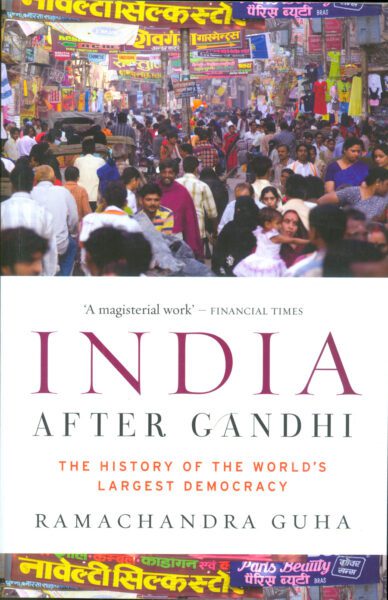 Mohandas Gandhi almost single-handedly changed the face of India, not only in its domestic politics and culture, but also in its global perception.
Mohandas Gandhi almost single-handedly changed the face of India, not only in its domestic politics and culture, but also in its global perception.
He uncovered the injustice, brought help for the sick and impoverished and did much to erase the centuries-old and brutally unfair caste system. But what legacy did he leave?
For anyone visiting India, this superb account of the world’s largest and least likely democracy paints a picture of all it has taken to bring about far greater equality across the nation. With over a billion people, there remains a certain level of harmony and decorum, but the conflicts that brought about this equilibrium once threatened to tear the country apart.
Against the odds, India found its balance, and in India After Gandhi we discover the leading proponents of this movement, the circumstances that could have broken the nation and the resilience of its people. For the reader, this culminates in a deep understanding of the inner workings of India, from its governments to its chaiwallahs, allowing one to connect with a country that could have self-destructed many times but, like the lotus flower, rose from the mire to blossom in radiance and unity.
Slowly Down the Ganges
In so many ways, the sacred Ganges is the lifeblood of India. It takes life as often as it gives, transports spirits and prayers to other realms, and is vital for the nation’s washing, agriculture, transportation and commerce.
Along this revered artery, author Eric Newby and his wife drift, overcoming innumerable challenges with a combination of their own tenacity and resourcefulness, and the kind-heartedness of strangers.
Like a modern-day Joseph Conrad, the Newbys plunged not into the Congo’s Heart of Darkness, but into the warm and loving embrace of 1960s India’s heart of compassion and enlightenment to emerge irrevocably changed for the better.
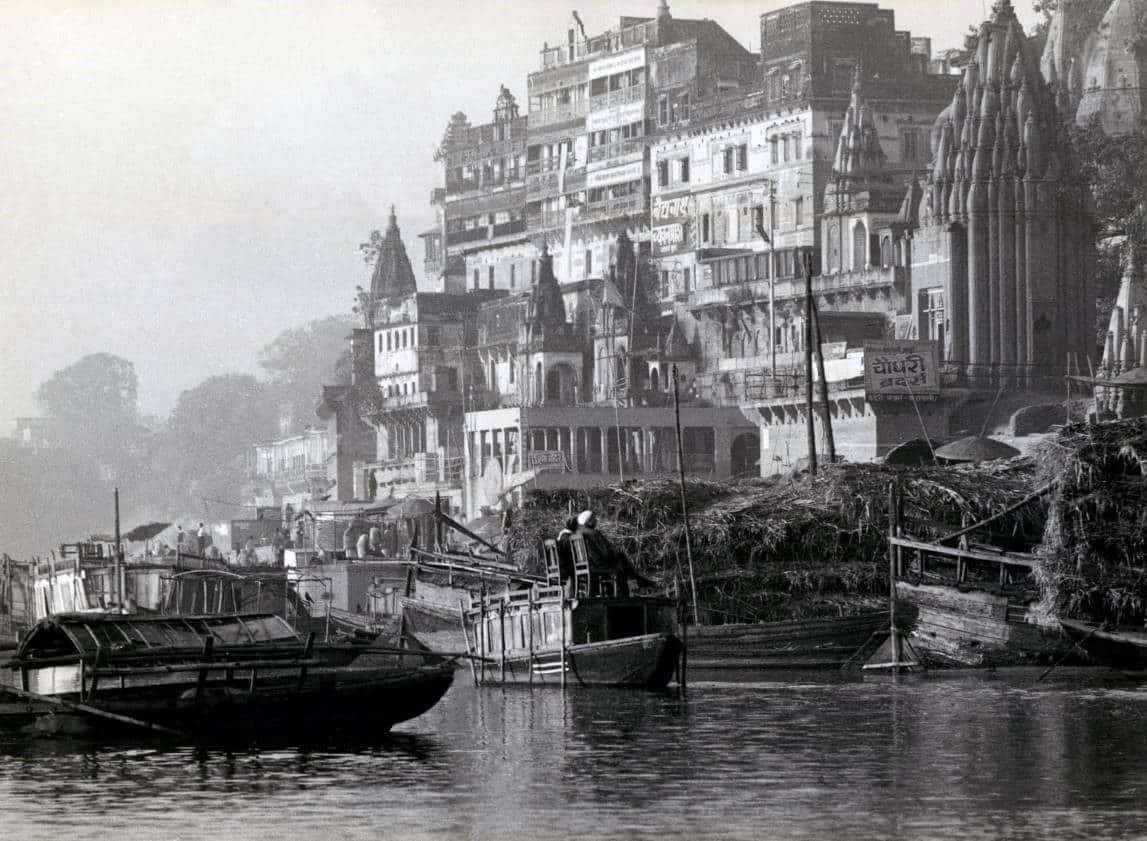
This fascinating real-life adventure has captivated the imagination of travellers worldwide, capturing the endless possibilities achievable when we cast our lives into the steadily flowing waters of fate.
FIND ON AMAZON
The Ministry of Utmost Happiness
Author Arundhati Roy won a Booker Prize for her 1997 novel, The God of Small Things. A fervent activist for social justice and economic equality, Roy’s second novel depicts a side of India that is often swept under the carpet, that of extreme poverty and the injustices inflicted upon it.
Anjum calls a cemetery home, her small sanctuary from the chaos and danger of Delhi’s slums and backstreets. When a baby appears, seemingly out of nowhere, her life is given purpose and, though barely able to keep herself safe and alive, she fends for the child as if her own.
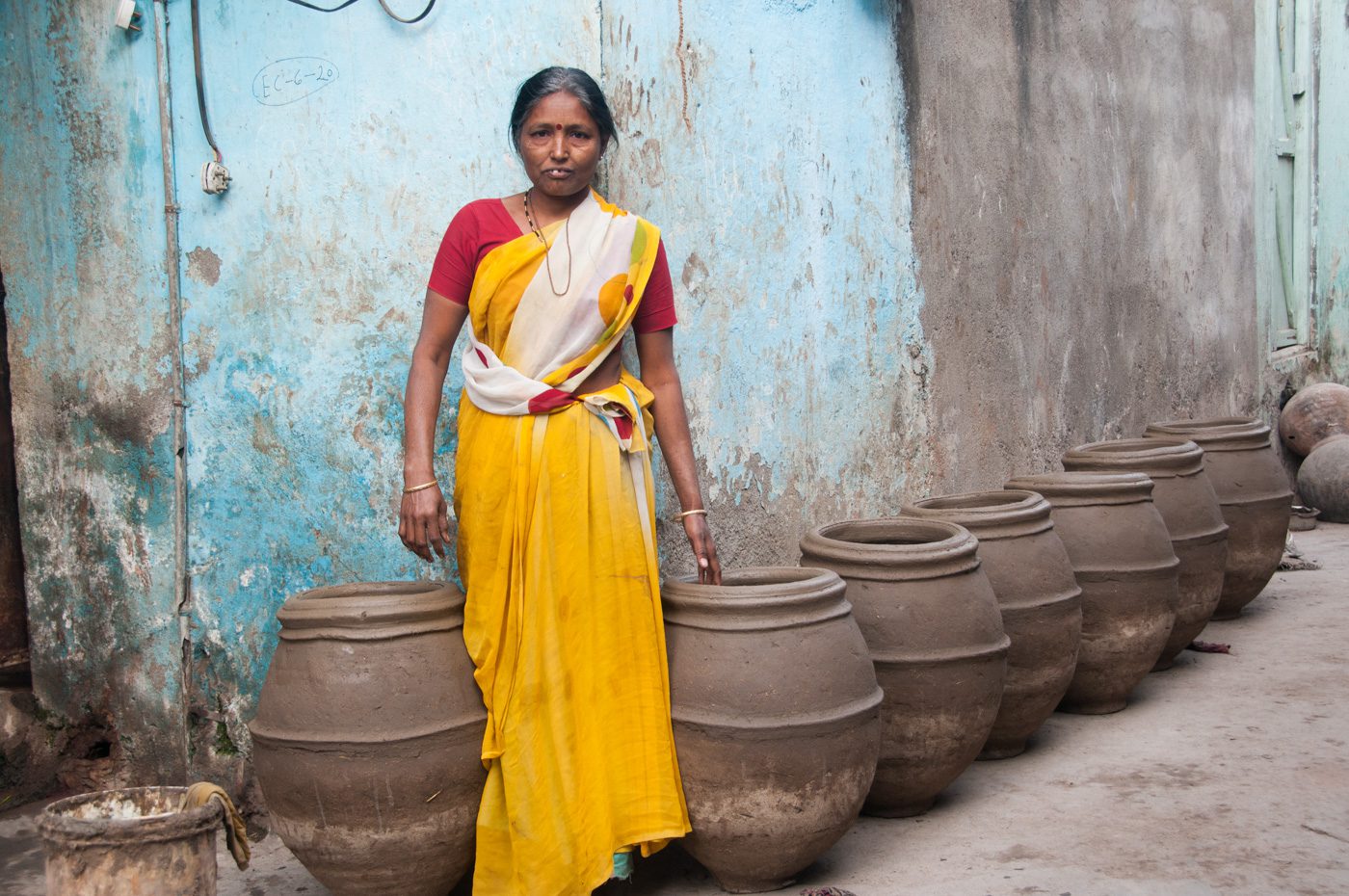
But when the beautiful and brilliant Tilo discovers the infant she claims it as hers, using her status to snatch the child from Anjum’s arms. The story unfolds over two decades, exploring the interactions of this highly hierarchical society and how the rights of the impoverished count for naught.
As the story unfolds, so does the understanding between the two women and what transpires defies the conventional interactions between rich and poor.
Nine Lives
Rather than following the invincibility of cats, Nine Lives traces the paths of nine individuals inseparably entwined in the profoundly spiritual culture of India.
Though fictitious, Nine Lives is steeped in factual references and reflections, providing insight into how religion and spiritualism form a fundamental structure in the daily life of India’s villages and cities, regardless of status.
From a prison jailor revered as a deity to devout extreme asceticism, the chapters of this novel encapsulate a side of India that, while pervasively evident, is rarely explored or appreciated by foreigners.
A fascinating tale in its own right, it is also highly educational, and visitors to India will find a deeper understanding of the intrinsic importance of spiritualism to all Indians.
FIND ON AMAZON
A Fine Balance
A Fine Balance is out once heartbreakingly moving and wonderfully inspiring, capturing an aspect of the Indian psyche that is so evident and frequently demonstrated: resilience in adversity.
The four protagonists of the story leave their entire worlds behind, fleeing injustice and violence and finding themselves flung together through necessity. Challenging prejudice, distrust and their differences, the four strangers become inseparably bound, at first cautious of one another but soon becoming protectors, guardians and lovers.
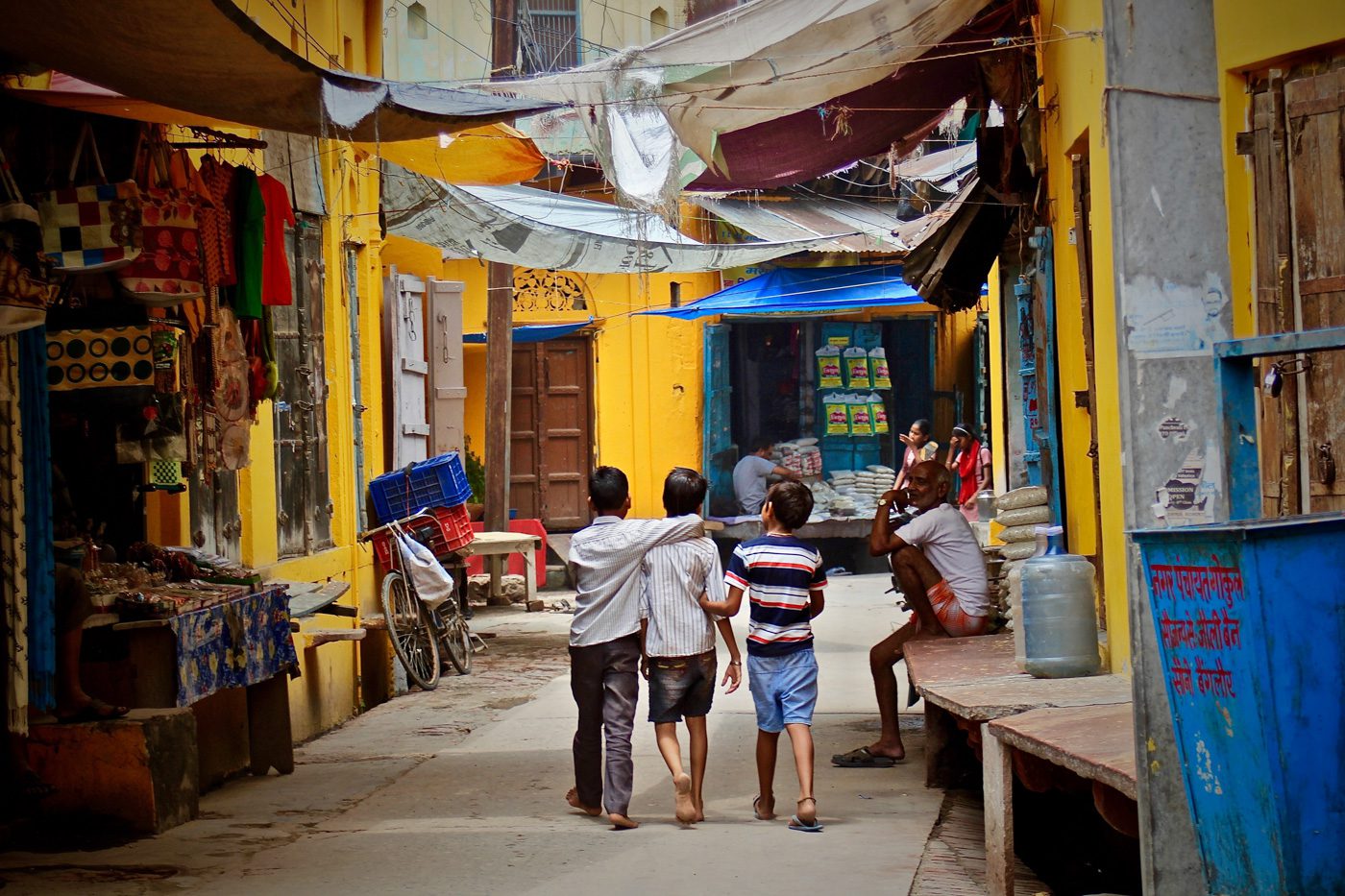
A story emerging from the extreme hardships faced by many Indians, A Fine Balance finds its way to an account of inspiration and hope and, like Nine Lives, offers an incredible insight into the resilience of the Indian spirit.
Whether on celluloid or paper, biographical or fictitious, these narratives, along with so many more, are founded in the reality of Indian life. Crafted from personal experience, second-hand accounts or significant research, they peel away the layers of India’s first impressions, piercing one’s heart with compassion and understanding.
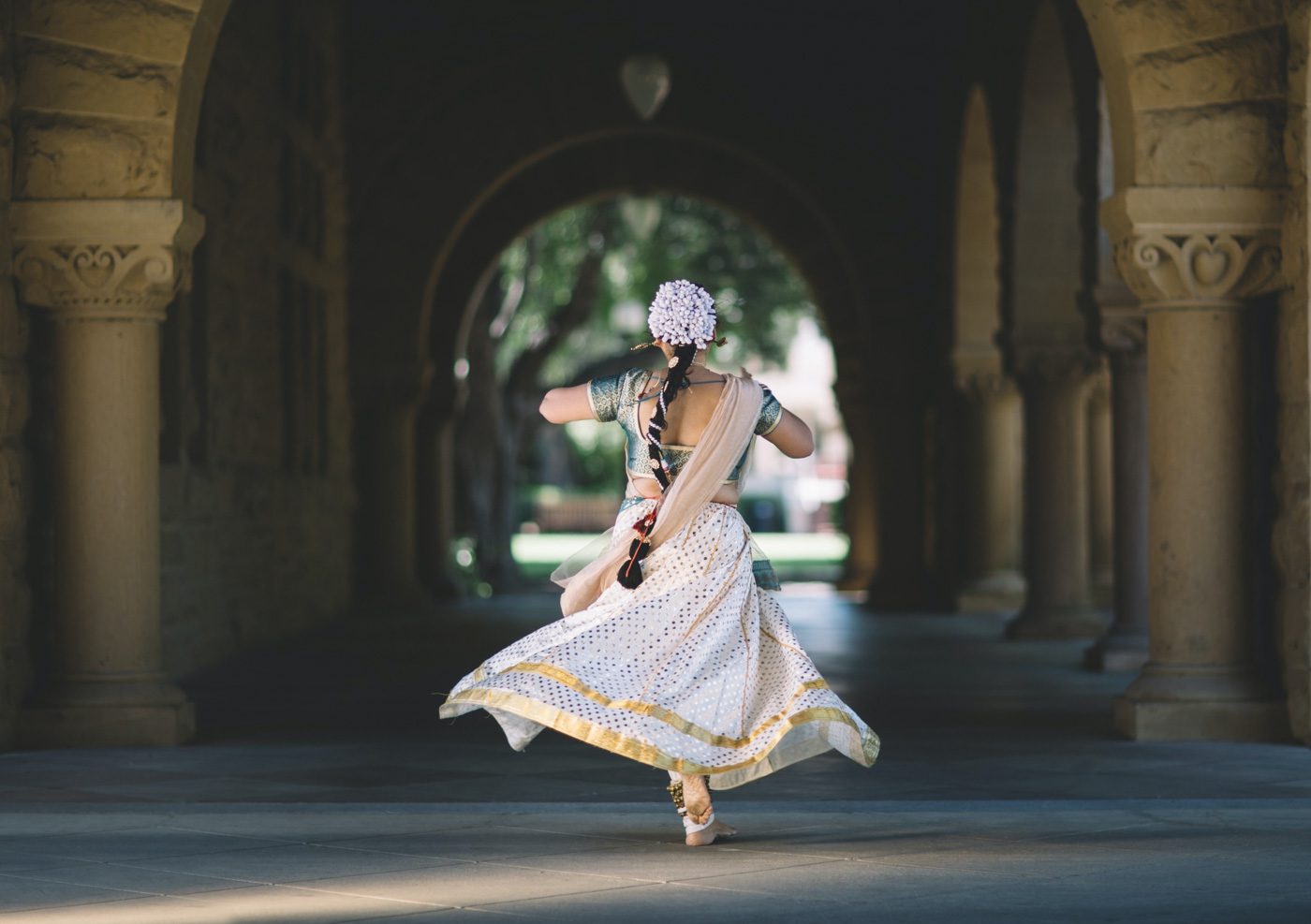
To know a country you must first know its people, and through the stories of others, one can gain a precious and rare introduction so that, on arrival, the foreign and strange might already feel familiar.
Like learning a handful of phrases in another language, watching and reading the right films and books are incredible ways to arrive for the first time with a greater understanding and sense of connectivity.
Anyone can visit a country, but the true joy of travel is in knowing both the nation and its people.
Your Travel Designer will be more than happy to offer suggestions of how you can increase your knowledge, understanding and intrigue in your destination prior to arrival or search our blog to begin your explorations.


